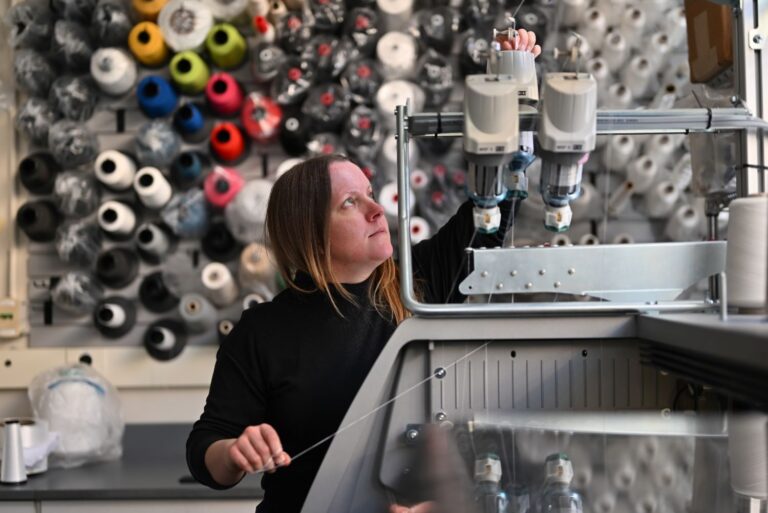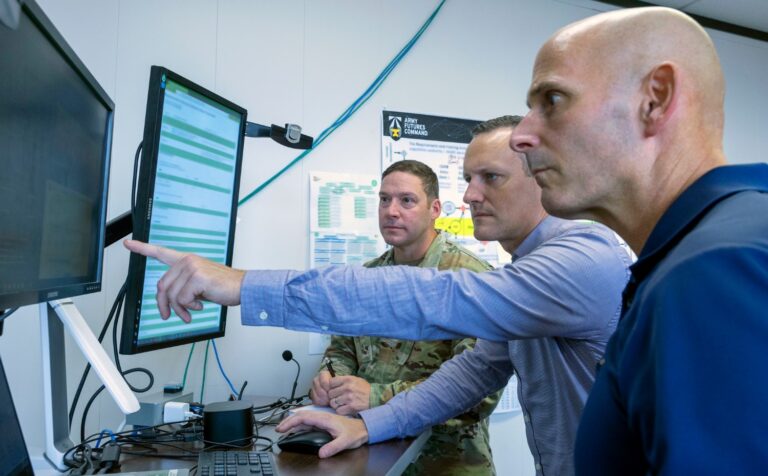Natera Announces Medicare Coverage for Prospera™ in Single Lung Transplant Recipients
AUSTIN, Texas – Natera, Inc. (NASDAQ: NTRA), a global leader in cell-free DNA and genetic testing, today announced that its Prospera Lung test has met coverage requirements from the Centers for Medicare & Medicaid Services’ (CMS) Molecular Diagnostics Services (MolDX) Program for single lung transplant (SLT) recipients. This coverage applies to SLT patients in the surveillance setting.
SLT patients make up ~20% of all U.S. lung transplants1. These patients are at an increased risk for acute rejection and also for complications from invasive procedures like biopsies due to common factors including advanced age, frailty, comorbidities, and functional dependency on a single lung. This creates an increased need for non-invasive monitoring solutions, like Prospera Lung.
The performance of Prospera Lung for SLT patients was published earlier this year from the Single Lung Allograft Monitoring (a.k.a. SLAM) study, the largest study of commercial donor-derived cell free DNA (dd-cfDNA) tests in SLT to-date. The data demonstrated excellent performance for Prospera in distinguishing rejection, infection, and chronic lung allograft disease (CLAD) from stable patients with an AUC-ROC of 0.85. These results are on par with Prospera’s outstanding performance in double-lung transplants, and can ultimately provide confidence to rule out rejection, highlighted by a sensitivity of 77.8%, specificity of 84.6%, and a negative predictive value (NPV) of 96.8%.
“We are pleased to be the first and only dd-cfDNA test validated and approved by CMS for SLT patients,” said David Ross, MD, senior medical director for lung transplant at Natera. “Lung transplant survival is among the worst compared to other organs, even more so for SLT patients where the median survival is just 4.7 years post-transplant and with higher risk for both acute and chronic rejection. It is critical to patient care that SLT patients have the option for non-invasive monitoring to avoid biopsy complications in these challenging cases.”
Since the initial validation and launch in 2022, the Prospera Lung test first received CMS coverage for double-lung transplant patients in 2023 and is now used by more than half of lung transplant centers in the United States.
About Prospera
The Prospera™ test leverages Natera’s core single-nucleotide (SNP)-based massively multiplexed PCR (mmPCR) technology to identify allograft rejection non-invasively and with high precision and accuracy, without the need for prior donor or recipient genotyping. The test works by measuring the fraction of donor-derived cell-free DNA (dd-cfDNA) in the recipient’s blood. It may be used by physicians considering the diagnosis of active rejection, helping to rule in or out this condition when evaluating the need for diagnostic testing or the results of an invasive biopsy. The Prospera test has been clinically and analytically validated for performance regardless of donor relatedness, rejection type, and clinical presentation.
About Natera
Natera™ is a global leader in cell-free DNA and genetic testing, dedicated to oncology, women’s health, and organ health. We aim to make personalized genetic testing and diagnostics part of the standard of care to protect health and inform earlier, more targeted interventions that help lead to longer, healthier lives. Natera’s tests are validated by more than 250 peer-reviewed publications that demonstrate high accuracy. Natera operates ISO 13485-certified and CAP-accredited laboratories certified under the Clinical Laboratory Improvement Amendments (CLIA) in Austin, Texas, and San Carlos, California. For more information, visit www.natera.com.
Forward-Looking Statements
All statements other than statements of historical facts contained in this press release are forward-looking statements and are not a representation that Natera’s plans, estimates, or expectations will be achieved. These forward-looking statements represent Natera’s expectations as of the date of this press release, and Natera disclaims any obligation to update the forward-looking statements. These forward-looking statements are subject to known and unknown risks and uncertainties that may cause actual results to differ materially, including with respect to whether the results of clinical or other studies will support the use of our product offerings, the impact of results of such studies, our expectations of the reliability, accuracy, and performance of our tests, or of the benefits of our tests and product offerings to patients, providers, and payers. Additional risks and uncertainties are discussed in greater detail in “Risk Factors” in Natera’s recent filings on Forms 10-K and 10-Q, and in other filings Natera makes with the SEC from time to time. These documents are available at www.natera.com/investors.
References
- Scientific Registry of Transplant Recipients (SRTR) Center-Specific Reports; 2021. Available at: https://www.srtr.org/reports/program-specific-reports/








